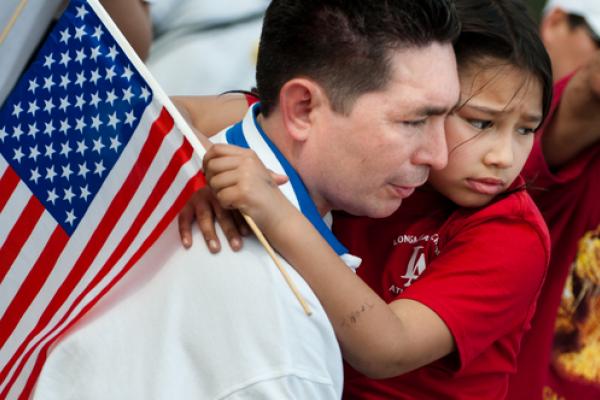Last week, Alabama Gov. Robert Bentley made a morally indefensible decision. He signed HB 658, which intensifies the climate of fear that already hangs over Alabama like low dark clouds before a hurricane.
Bentley once claimed that HB 658 would simplify HB 56 — the current anti-immigrant legislation that catapulted Alabama to the national stage. If this is simplification, then I’d like to see Bentley’s version of messed up. HB 658’s additional punitive measures now have created a more problematic situation that exacerbates the current oppression of some of the most vulnerable souls in Alabama.
The new law is reckless. HB 658 calls for the creation of an online public database to expose the names of all undocumented immigrants who have appeared in court. In addition, the law targets innocent children by requiring schools to check the immigration status of students.
Read the Full Article

